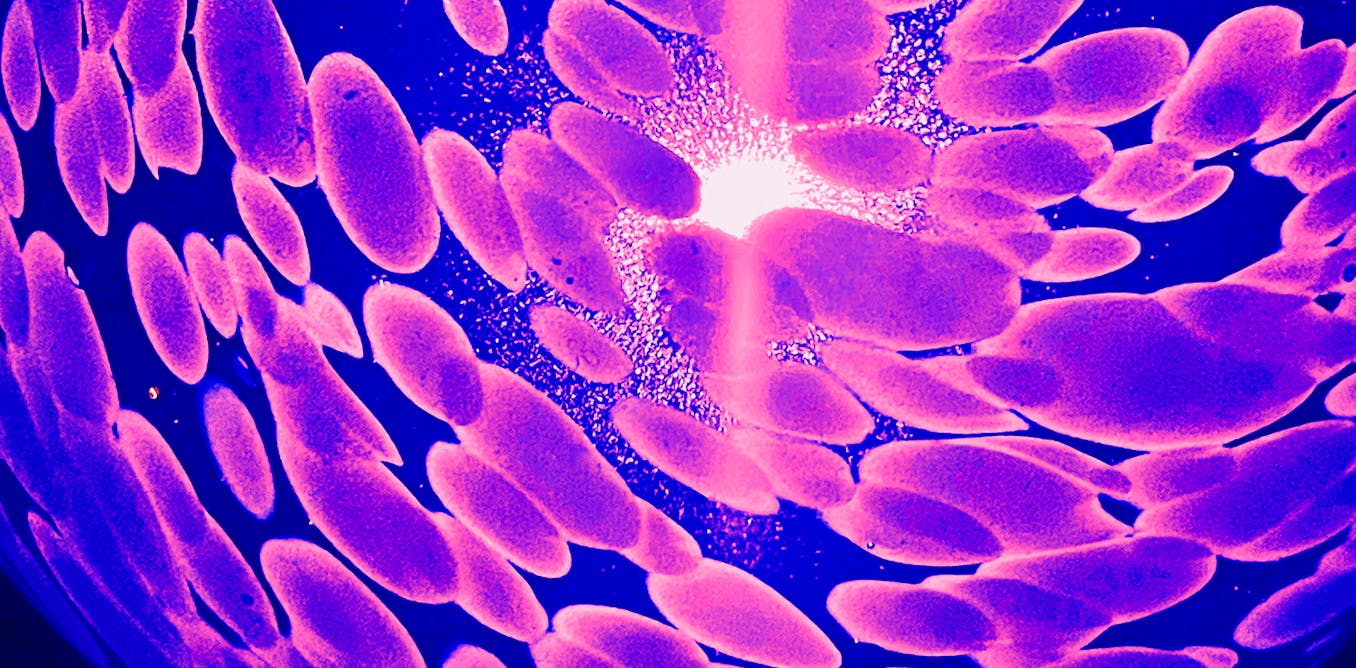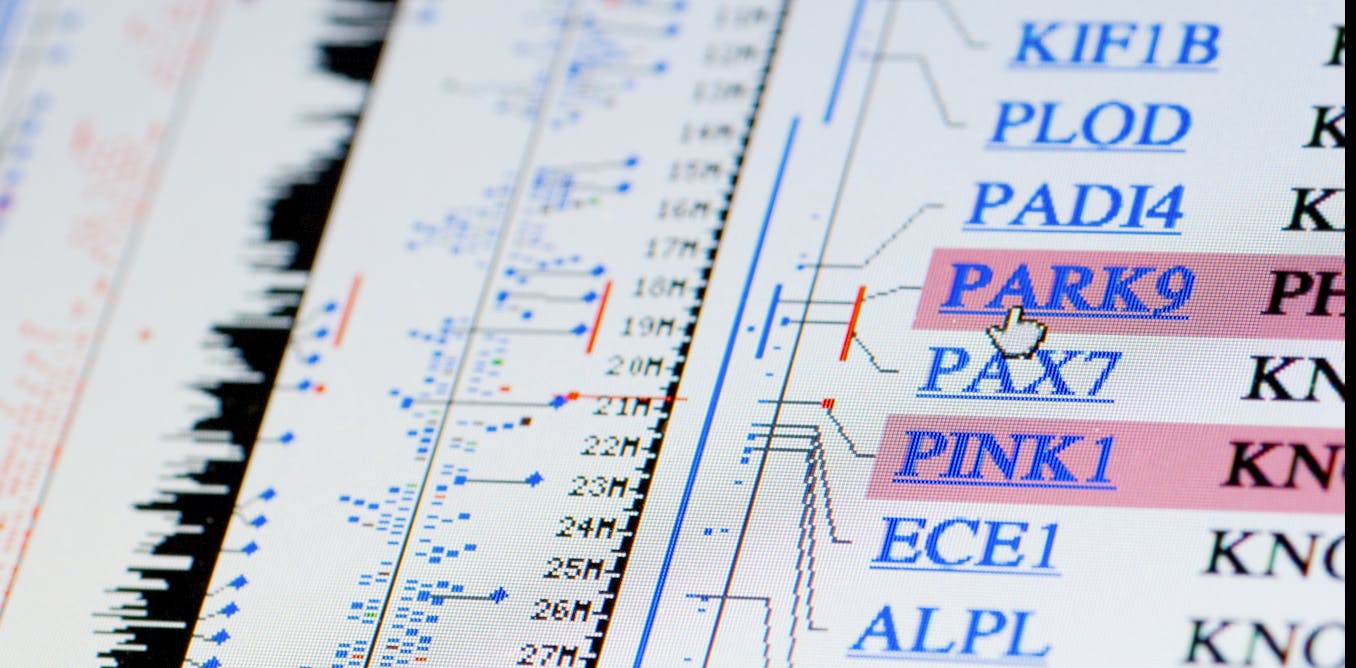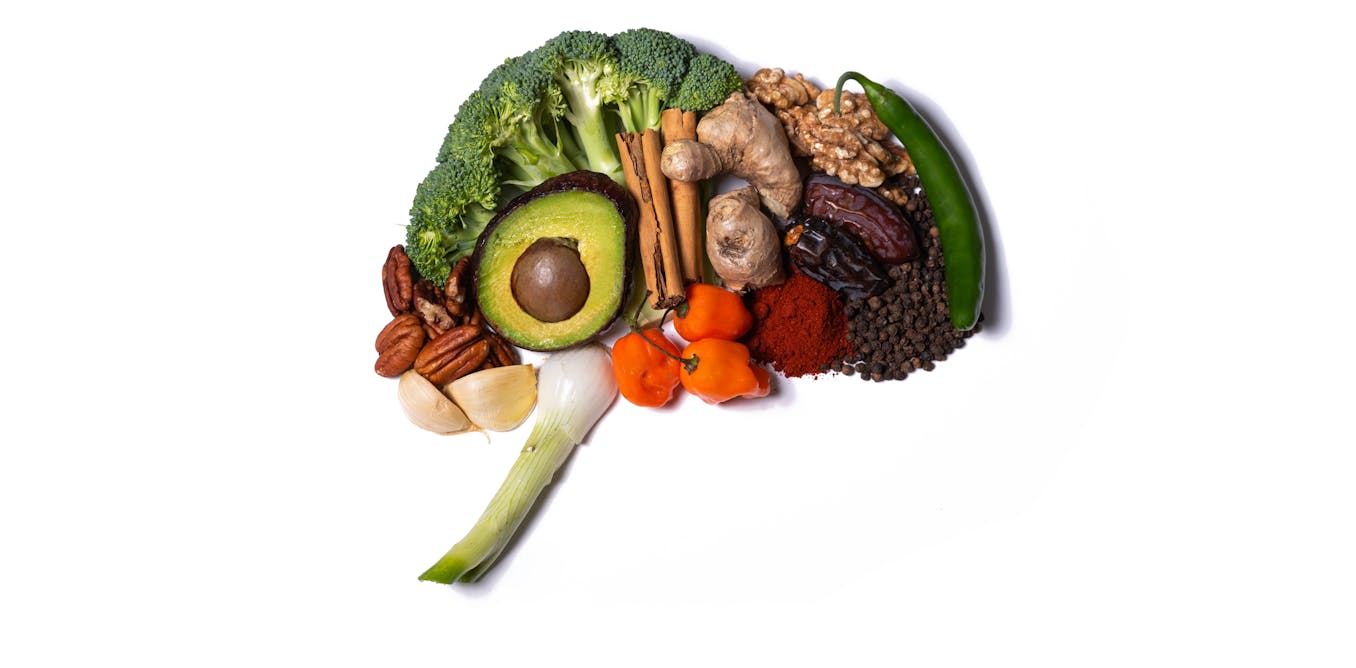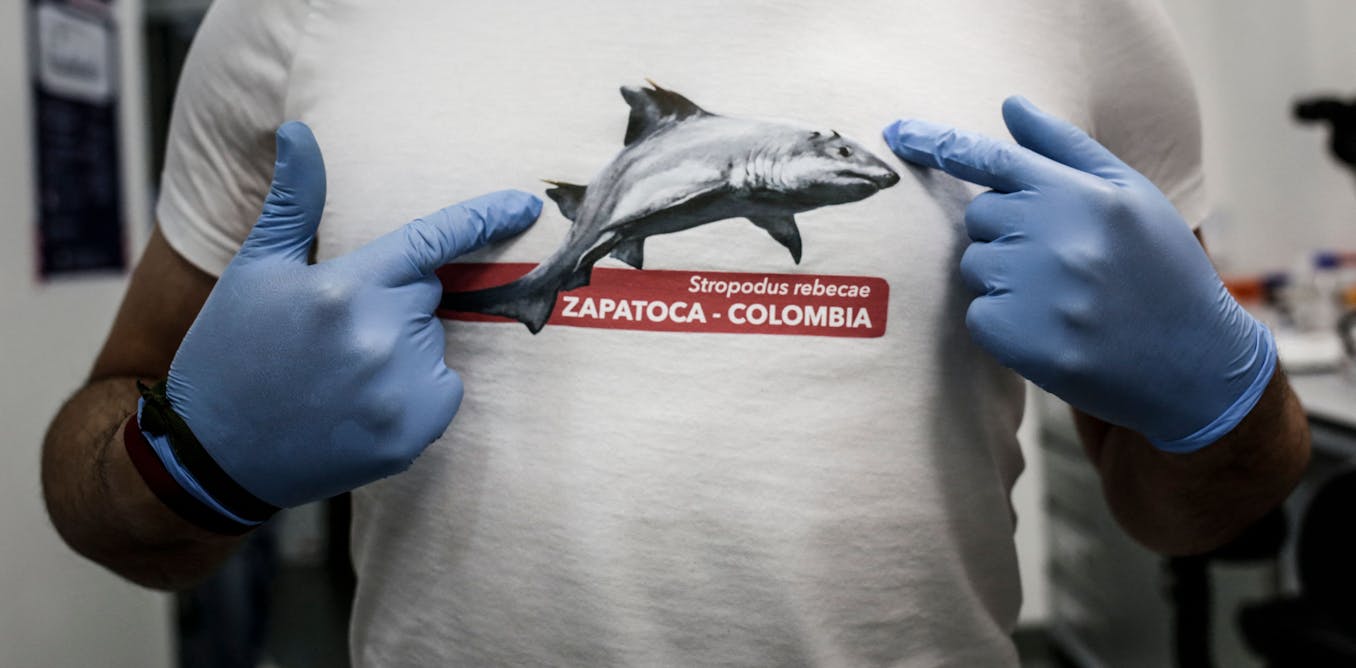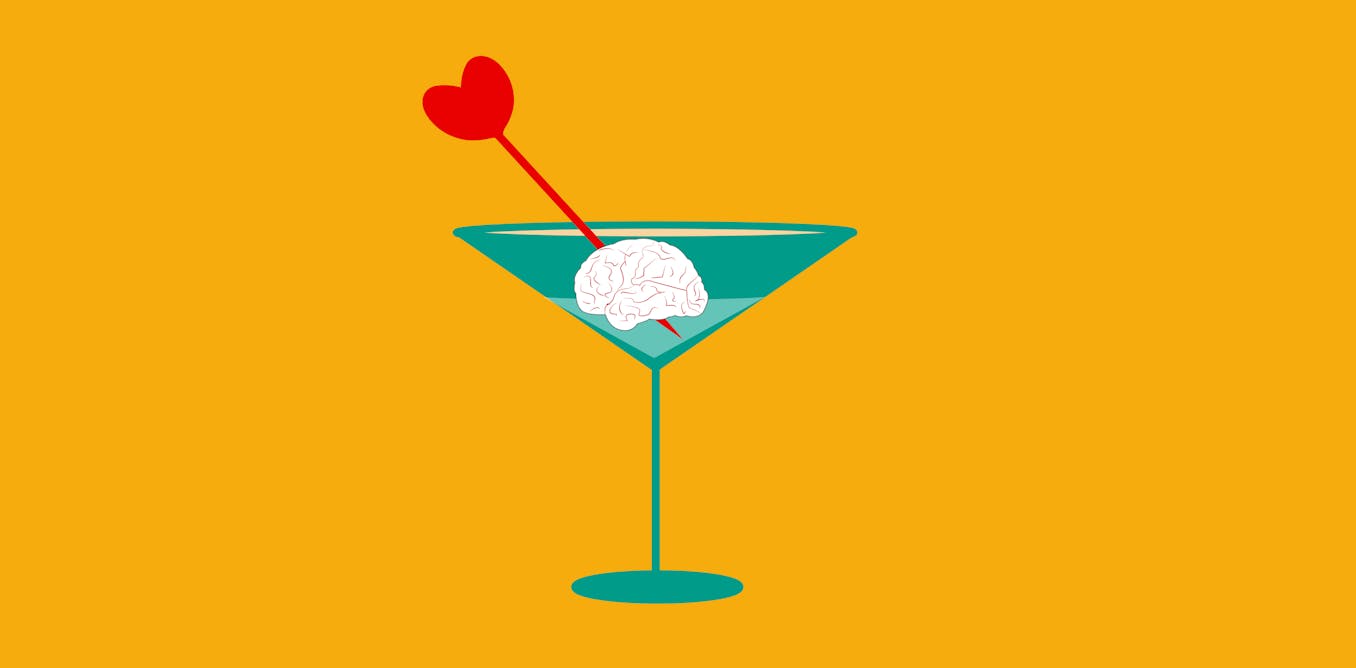Personalized cancer treatments based on testing drugs quickly leads to faster treatment, better outcomes
Functional precision medicine works to take the guesswork out of deciding which drug to try next for patients with cancers that don’t respond to standard treatments.
April 11, 2024 • ~7 min

